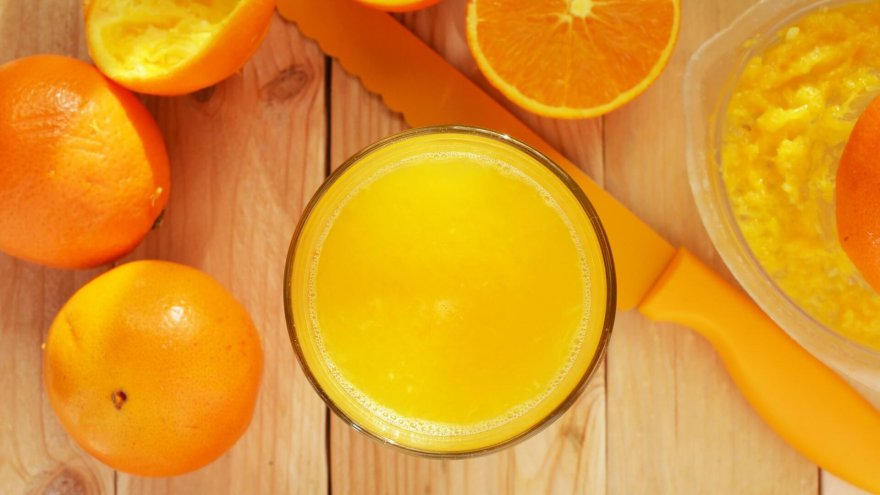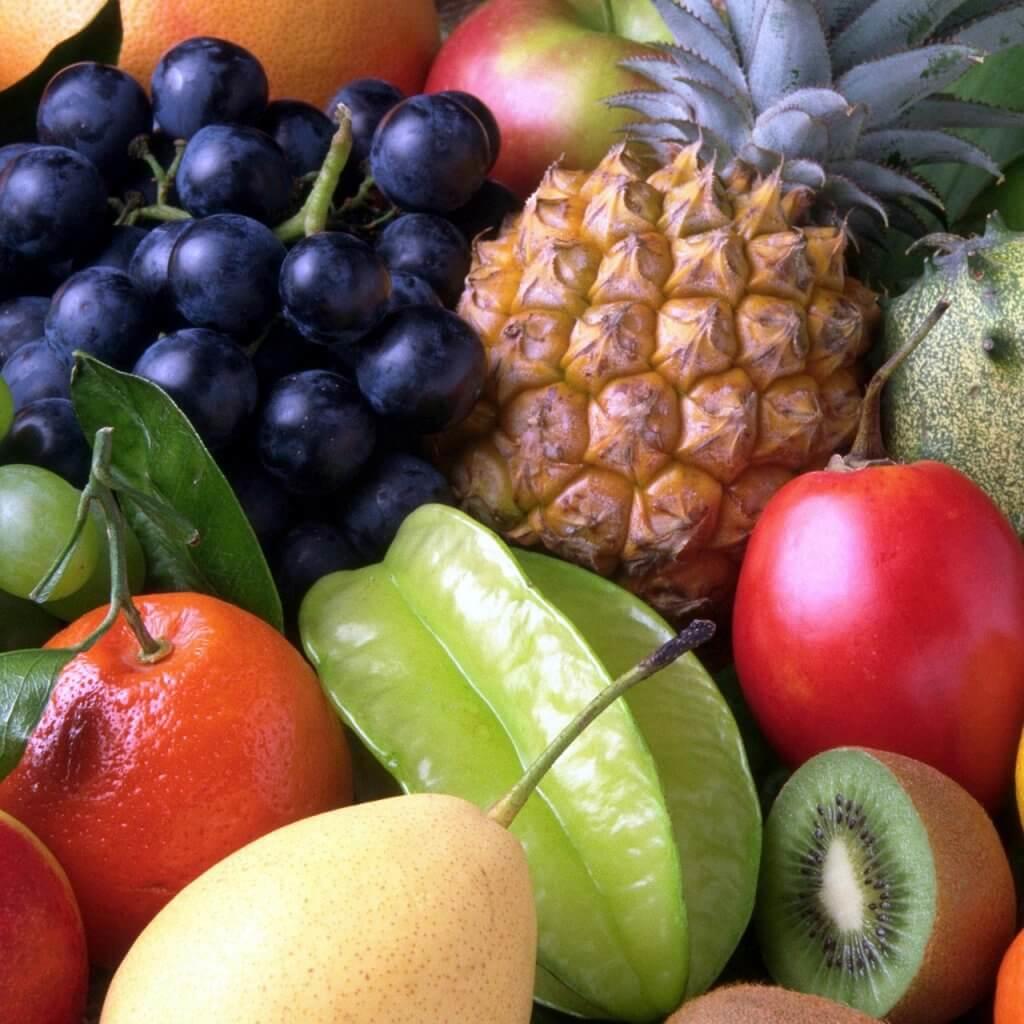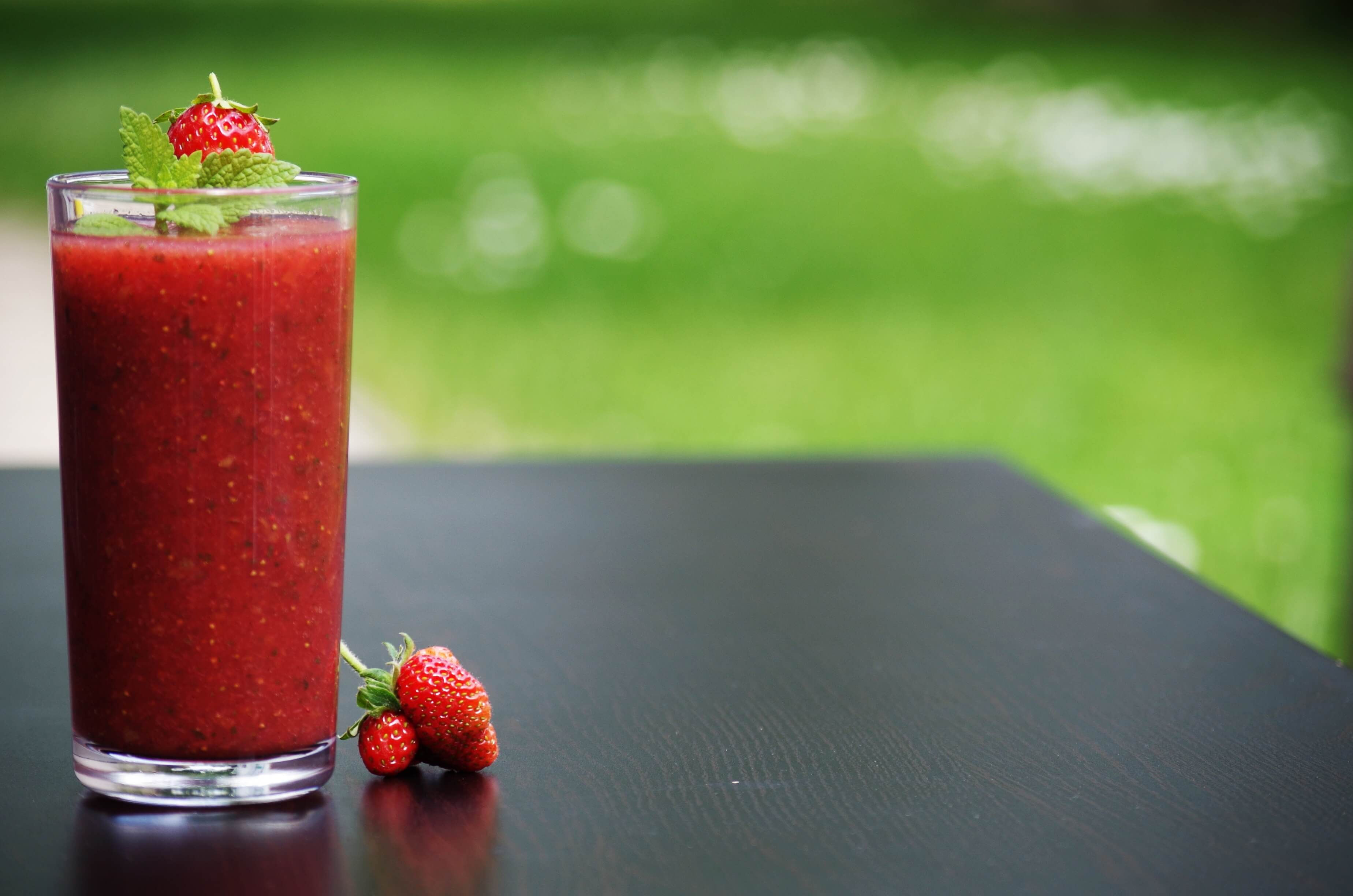What You Should Know About Juicing

Juicing is really nothing new. At all. Drinking fruit juice is logically a pretty ancient practice. But the practice has gained a huge amount of popularity over the past several years, largely propelled by a variety of claims regarding the health benefits of juice over whole fruits. But do these claims actually hold up to scientific scrutiny? Should you make juicing part of your larger fitness routine?
The Theory, Claims and Thinking
Before jumping into the science, though, what are some of these claims that proponents of juicing use to encourage the practice?
For the most part, it’s all about nutrients. According to its supporters, juicing fruits and vegetables frees up the nutrients contained therein, making these precious substances easier to digest. As a result of this enhanced absorption, the thinking goes, juicing can reduce your risk of developing cancer, enhance your immune system, improve your digestion and even help you lose weight.

Based on the surge of antioxidant micronutrients delivered by these juices, the theory further states that liquefying your fruits and veggies can also remove toxins from your body. Really, then, there are a few different aspects of juicing that have to be considered when examining its effectiveness.
Better Than Whole Produce?
The first – and largest – claim at work here is the thought that juices are somehow more nutritious than the whole fruits and vegetables from which they are extracted. To determine whether or not this true, however, it’s important to understand what juicers do to the produce that you toss into that machine.
Simply put, juicing machines remove the fiber from the plant. And that’s really it. What remains, then, is everything else: sugar and some micronutrients. While it is true that removing the fiber from the plant will make it easier to digest, is that actually a good thing?
Probably not.
There are no studies to even suggest that juicing increases the bioavailability of the nutrients found in fruits or vegetables.
Some fruit, like apples, actually store most of their vitamins and minerals in the fibrous portions that get thrown out by the juicer. For apples, the skin contains the vast majority of the beneficial micronutrients. What’s left, then, is essentially just sugar.
Taking out that hard-to-digest fiber will also allow your body to absorb those sugars more rapidly, creating dramatic spikes in your insulin levels. Which is a bad thing. In fact, one 2013 study from Harvard School of Public Health and published in the British Medical Journal, directly compared the impact of whole fruit and juices on the risk of developing Type II diabetes.
For the study, the researchers looked at data from 187, 382 individuals collected over a 24-year period that included their consumption of whole fruits and juices as well as their health history. People who ate two servings of whole fruit each week reduced their risk of developing diabetes by an impressive 23 percent. And how did juicing perform in this comparison?
Individuals who drank one or more serving of fruit juice every day increased their risk of becoming diabetic by 21 percent. Interestingly, if those people traded three of those weekly juices for whole fruit, their risk of diabetes dropped by 7 percent.

It’s also important to note that removing the filling fiber from juice could make it easier for your to take in a lot more calories that you realize in a shorter period of time. One 8oz glass of orange juice, for example, would consist of about 5 oranges. Doubtless, you’d find it much easier to chug that glass of juice than to eat all five oranges in one sitting. As a result, it’s also more likely that you could drink several glasses without being fully aware of it.
Clearly, then, juicing does not offer any extra nutritional benefits over whole produce. Conversely, there is a significant body of evidence to suggest that juicing can actually be detrimental to your health if you go overboard with it.
What About Those Toxins?
The issue raised in this discussion, though, involves the use of fruit juices as detoxifying agents. All of those powerful antioxidants, the thinking goes, could completely flush any negative substances from your body. This cleansing could also be enhanced by the hydration that logically comes with juicing.
As already discussed, however, juicing your fruits and veggies does not enhance the usefulness of their nutrients. In some cases, it may even have the opposite effect.

Additionally, there is no evidence that toxins actually accumulate in your body. Those potential toxins that do pass through your body as dealt with, in an impressively efficient way, by your kidneys and liver. It’s also important to realize that the vast majority of environmental pollutants are fat-soluble – meaning that water-based juices would have no affect on them.
Potential Use
None of this, however, is meant to suggest that you should swear off juicing altogether. When used properly, fruit and veggie juices can be useful and convenient ways to get these nutrient-rich foods into your diet.
Just be aware that, due to the reduced fiber content, those juices will have a greater impact on your blood sugar levels and will do less to make you feel full. In some situations, though, this surge of easy-to-digest sugar could be exactly what you need.
You could also try blending that produce instead of juicing it. While the resulting smoothie might take a little more time to chug, the fiber-rich drink will have less impact on your blood sugar and will keep you feeling fuller longer.
Sources
Latest Articles
 Is Running on a Treadmill Easier Than Running Outside?Runners have their own preferences, whether it is treadmill running, running outside on the road, or exploring trails. So...
Is Running on a Treadmill Easier Than Running Outside?Runners have their own preferences, whether it is treadmill running, running outside on the road, or exploring trails. So... Is It OK to Use Trail Running Shoes on the Road?While trail running shoes can be used on roads, especially in situations where a runner encounters mixed terrains or pref...
Is It OK to Use Trail Running Shoes on the Road?While trail running shoes can be used on roads, especially in situations where a runner encounters mixed terrains or pref... How to Fix Sore Quads After Running?Rest, ice, gentle stretching, and over-the-counter pain relievers can help soothe sore quads after running. Also, ensure ...
How to Fix Sore Quads After Running?Rest, ice, gentle stretching, and over-the-counter pain relievers can help soothe sore quads after running. Also, ensure ... 10 Fruits With The Most Electrolytes to Replace Sports DrinksThese fruits are high in electrolytes such as potassium, magnesium, and calcium, essential for hydration, muscle function...
10 Fruits With The Most Electrolytes to Replace Sports DrinksThese fruits are high in electrolytes such as potassium, magnesium, and calcium, essential for hydration, muscle function...

